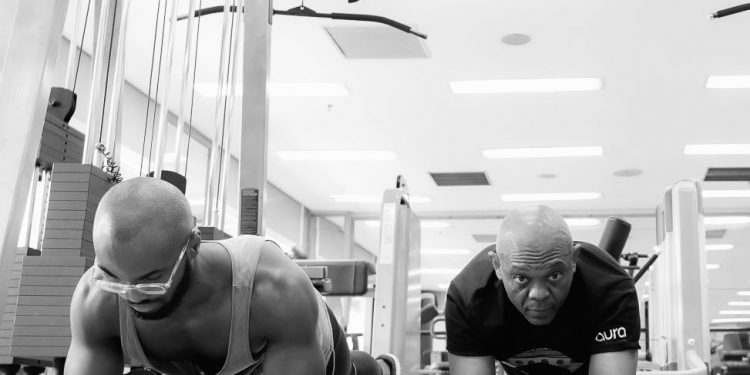Imagine that it is not a Saturday or a Sunday; imagine that your alarm has buzzed on a weekday startling you into wakefulness. Imagine that you look at the phone and see the time: 5:00 am. Imagine that you decide to let your head fall back. Around you, the air is still so quiet, so you do not hear yourself falling back asleep.
Imagine that it is 7 am and you wake up in a shock. You have an hour away from resuming at your office in Ikoyi, and because it is not a Saturday or Sunday, you know it would take you about 45 minutes on average to commute from your flat. Imagine that, with only 15 minutes, you must shower, go over a bunch of already knotted ties, and pick between a blue or white shirt.
Imagine that on this day that is not a Saturday or Sunday, you are leaving your flat, having failed to summarise your morning routine in 15minutes. The time in your car as you run the engine is 7:36 am. Even if you tried, even if you squeezed into tight corners and disregarded driving rules, you would not make it to work at 8 am, because the traffic ahead is unpredictable.
Imagine that the rest of your morning is ruined because you are not at your desk at 8 am, holding a warm mug of black coffee. Now that you are late, it is likely that you will not find the time to do so anyway, and you know what happens when you function without coffee: hours are longer, the weight of your body feels altogether foreign. For the rest of the day, you are available to external distractions. You lose track of time so much so that you send emails with morning salutations at 2 pm.
And so, you carry a juju every day to be excellent; to avoid your imaginations and exist in the reality of your capabilities. Your juju is neither tangible nor edible; it is a combination of things and timing. Any jazz master knows that precision is needed for an effective result; strike an hour too early and your luck is overthrown; delay by a few minutes and someone else’s chi has made a case for what was supposed to be yours. There are governing rules to these things.
Your juju is of timing and things; of waking up at 5 am every day to get the news out of the way and workout for an hour before freshening up for work. Leaving your flat that early – at 5:45 am – also removes you from the possibilities of Lagos traffic and losing productive hours to it. Your juju is of timing and things.
At the gym, you power through lingering, early-morning fatigue – the first ten minutes are usually the toughest, after which time becomes like distant smoke: close enough to see but far enough to smell. After all, you know that a bad workout is better than no workout at all. The ability to break a sweat, listen to a playlist or podcast, emerge in the created beauties of others through art is a comfortable distraction enough to mean something to you even on days when you are not too committed to your workout.
At the office, you are bright and early, freshly renewed by the increased testosterone levels from your exercise. You are chirpy to your colleagues, imagining that those who are less responsive don’t have access to your juju. You make your coffee black and ignore it for few minutes, while you answer your emails with such vitality. You truly hope that it meets the recipient well, don’t you?
Before lunch break, you have experienced unhinged hours of productivity. You have cancelled out tasks and reminded your colleagues about even their own outstanding work. It feels like a rush of energy to you; comes to you with a certain vibration you are pulled into, like a tug of war. Sometimes you wonder if this juju is real, or a more function of circumstances. But you know well enough that days without your juju are incomplete and odd; they offer a short-changed experience, a smaller version of yourself.
The people you work with can tell when you show up without your juju; it is on your face as you arrive, covering the staircase with short, dull strides. Only you know that it is because you forgot your juju anyway so there is no conversation to be had – no accessible language beyond “are you okay”, for which you will respond in the positive to not advance the conversation, keeping the reality of the situation private. It is best to leave them imagining that everything they were experiencing was all in their head.
The people you work with can tell when you have your juju. It is present in the exceptional delivery of your work. They are impressed and acknowledge your hard work. You nod and accept their platitudes; sometimes you smile awkwardly, cracking your knuckles. But you do not say anything. Any jazz master knows that his ability to keep the source of his power a secret is what allows him to retain it.


